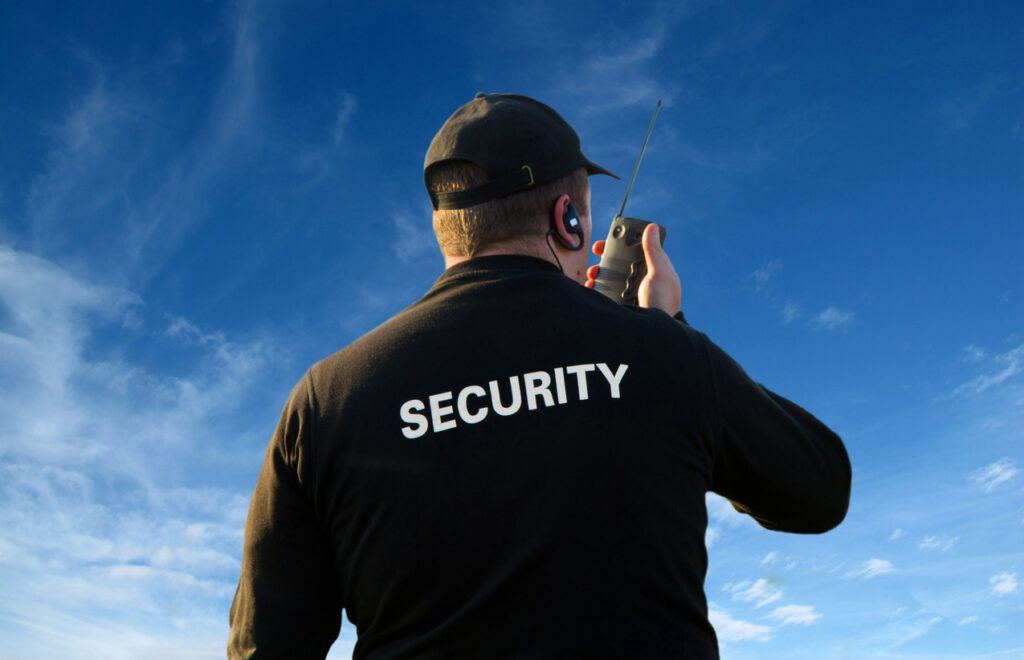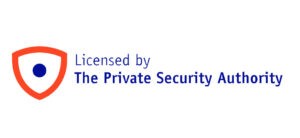Courses
Insight Security Courses

Door & Event Security Course 4N20611
This course meets the training requirements for a Private Security Authority License as a Door & Event Security Guard. THIS COURSE IS AVAILABLE ONLY FOR SECURITY COMPANIES AND CORPORATE CLIENTS.
After completion of this course, learners will be able to:
- State the standards of behaviour required for Door & Event Guards
- Define the role of the door supervisor
- State the main objectives of the door supervisor Identify the qualities of a door supervisor
- State the requirements for door supervisors under the Private Security Authority Act 2004
- State the relevance for door supervisors of The Equality Act 2004, Race Relations Act, the Sex Discrimination Act and the Disability Discrimination Act.
- Show an understanding of civil and criminal law Identify types of assault
- State the requirements relating to the use of force State what is meant by reasonable and necessary force
- Explain the different types of licenses and permissions available.
- State the rights and duties of licensees and door supervisors.
- Describe the procedure for refusing entry and ejecting customers.
- State the law in regard to drunkenness, disorderly conduct and young persons.
- Explain the powers of the Gardaí in relation to licensed premises.
- State how to deal with customers found in possession of drugs.
- List the health & safety issues in relation to illegal drugs.
- Explain how to complete records, incident logs and pocket books
Static & Retail Security Course 4N20604
This Training Course qualification provides learners with the training requirements, determined to apply for the Private Security Authority Licence as a Static Security Guard. This course provides learners with 30 hours of directed learning and 70 hours of the self-directed learning program.
After completion of this course, learners will be able to:
- Define the key purpose of the security industry
- Identify the key players in the security industry
- Define what is meant by “professional development”
- State the main objectives of a security officer
- List the qualities of a security officer
- Explain the importance of assignment instructions
- Explain the different types of patrol, their importance and checks that should be made
- Identify actions to be taken before starting a patrol
- Explain the importance of vigilance and knowledge
- Define the purpose of access control
- List different methods of providing access control Identify typical related duties to be performed in a reception area at a gate house
- List the conditions that have to be in placing before a search can be carried out.
- Explain a security officer’s right of search
- State the actions to be taken in the event of a refusal to be searched
- Describe typical search documentation
- State the actions to be taken when property is found
- Explain how security systems can help security officers in their job
- Explain how to deal with an emergency using the 4Cs
- Describe the correct use of radios
- State the basic techniques to be used in report writing
- Explain different types of communication
- Explain the procedures to be taken following an arrest


Door & Event Supplemental Course
After completing the Static & Retail Security Course, students will be invited to enrol in a supplementary course to obtain a license in Door & Event Security sector.
After completion of this course, learners will be able to:
- Define the key purpose of the security industry
- Identify the key players in the security industry
- Define what is meant by “professional development”
- State the main objectives of a security officer
- List the qualities of a security officer
- Explain the importance of assignment instructions
- Explain the different types of patrol, their importance and checks that should be made
- Identify actions to be taken before starting a patrol
- Explain the importance of vigilance and knowledge
- Define the purpose of access control
- List different methods of providing access control Identify typical related duties to be performed in a reception area at a gate house
- List the conditions that have to be in placing before a search can be carried out.
- Explain a security officer’s right of search
- State the actions to be taken in the event of a refusal to be searched
- Describe typical search documentation
- State the actions to be taken when property is found
- Explain how security systems can help security officers in their job
- Explain how to deal with an emergency using the 4Cs
- Describe the correct use of radios
- State the basic techniques to be used in report writing
- Explain different types of communication
- Explain the procedures to be taken following an arrest
- State the standards of behaviour required of Door Supervisors
- Define the role of the door supervisor
- State the main objectives of the door supervisor Identify the qualities of a door supervisor
- State the requirements for door supervisors under the Private Security Authority Act 2004
- State the relevance for door supervisors of The Equality Act 2004, Race Relations Act, the Sex Discrimination Act and the Disability Discrimination Act.
- Show an understanding of civil and criminal law Identify types of assault
- State the requirements relating to the use of force State what is meant by reasonable and necessary force
- Explain the different types of licenses and permissions available.
- State the rights and duties of licensees and door supervisors.
- Describe the procedure for refusing entry and ejecting customers.
- State the law in regard to drunkenness, disorderly conduct and young persons.
- Explain the powers of the Gardaí in relation to licensed premises.
- State how to deal with customers found in possession of drugs.
- List the health & safety issues in relation to illegal drugs.
- Explain how to complete records, incident logs and pocket books


